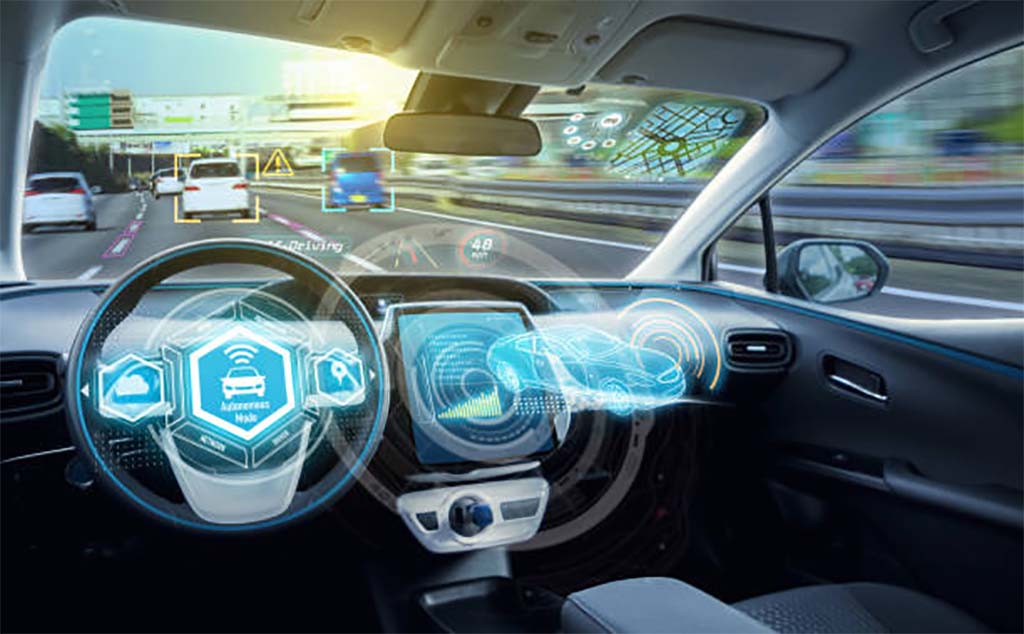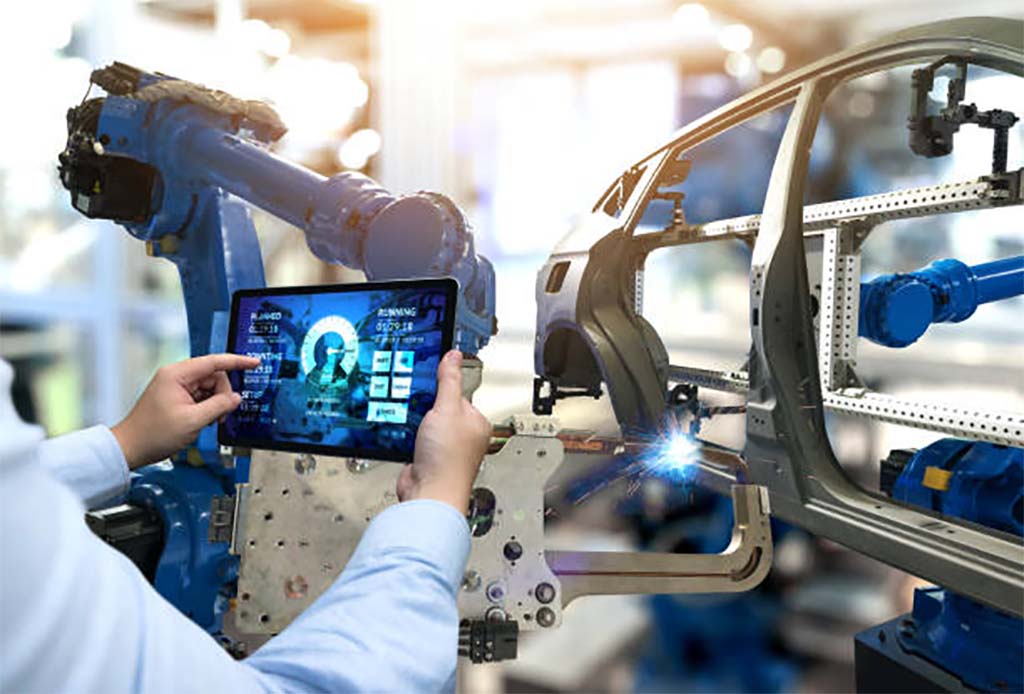The automotive industry has been one of the most rapidly-evolving sectors of human life in recent history, with many technological advancements and breakthroughs taking place over a relatively short span of time. Digital technology in particular has seen a steep incline in utilization, from providing sophisticated navigation systems to enabling driverless cars and electric vehicles that run on renewable energy sources, as well as greatly improving safety measures for drivers and passengers alike. This article explores how digital technology has shifted our conception of automotive engineering and reshaped the automobile industry as we know it today, allowing us to usher in an era where cars are no longer seen merely as transportation but are instead transformed into mobile convenience centers that grant us access to a variety of services and activities.
Autonomous Driving & Connectivity
Autonomous driving technology has been the most disruptive form of digital technology in the automobile industry, allowing vehicles to drive themselves using advanced artificial intelligence algorithms and computer vision systems that are able to detect objects, pedestrians, and other vehicles on the road. This has greatly improved road safety by reducing the risk of human errors as a result of distracted or impaired driving. Autonomous cars also offer greater convenience for passengers, as they can complete their journey without having to actively monitor the vehicle’s progress. Connectivity is another major factor that has been revolutionizing this sector, with cars capable of connecting to smart devices like phones and tablets through various wireless networks such as Bluetooth or Wi-Fi. This grants drivers access to real-time traffic updates and other information which can be used for optimizing their route or avoiding congestion areas for a smoother journey.
Electric Vehicles & Renewable Energy Sources
Electric vehicles have also become increasingly commonplace in recent years due to their ability to reduce carbon emissions by relying solely on renewable energy sources such as solar power or wind turbines instead of relying on fossil fuels like gasoline or diesel. Electric vehicles are also capable of operating with much quieter engines and emitting fewer pollutants, improving overall air quality. This has been made possible by the development of digital technology that enables cars to be powered by batteries that can be recharged using renewable energy sources, eliminating the need for frequent refuels.

Digitization Enhancing Safety & Security
Digital technology has also allowed for a greater emphasis on safety and security features, both in terms of vehicle construction and driver safety. For instance, many automakers have incorporated advanced sensors into their vehicles that monitor the environment and alert drivers to any potential hazards, while warning systems notify drivers when they are operating their vehicles outside of safe parameters such as speed limits or driving in poor weather conditions. Additionally, modern cars are now equipped with embedded GPS tracking systems as well as sophisticated security algorithms which can detect any unauthorized intrusion attempts or tampering attempts in order to provide heightened protection against theft or damage.
Final Words
Digital technology has had a profound impact on the automotive industry over recent years, ushering in an era where cars are no longer limited to being nothing more than transportation devices but are instead transformed into highly efficient machines that offer improved convenience and safety for passengers while at the same time reducing carbon emissions through using renewable energies sources. This shift is only expected to gain more momentum with each passing year, as the automobile industry continues to be shaped by digital technology and its various applications.
All of this digital technology is making automobile engineering a much more compelling field for young engineers and inventors who are looking for innovative ways to revolutionize the industry further. The current level of digital technology has already opened up so many possibilities that it is hard to predict where it will take us in years to come; however one thing is certain — this industry will continue being disrupted by digital innovation as we move forward into a new era of automotive engineering.
In conclusion, it is clear that digital technology is transforming the automobile industry in many ways. From autonomous driving and electric vehicles to enhanced safety features, this technology is allowing us to explore techniques and methods which would have been inconceivable just a few years ago. We can only be sure of one thing — the automotive industry will never be the same again.
